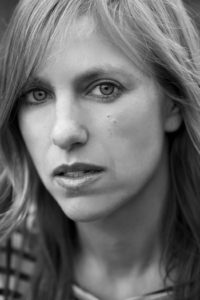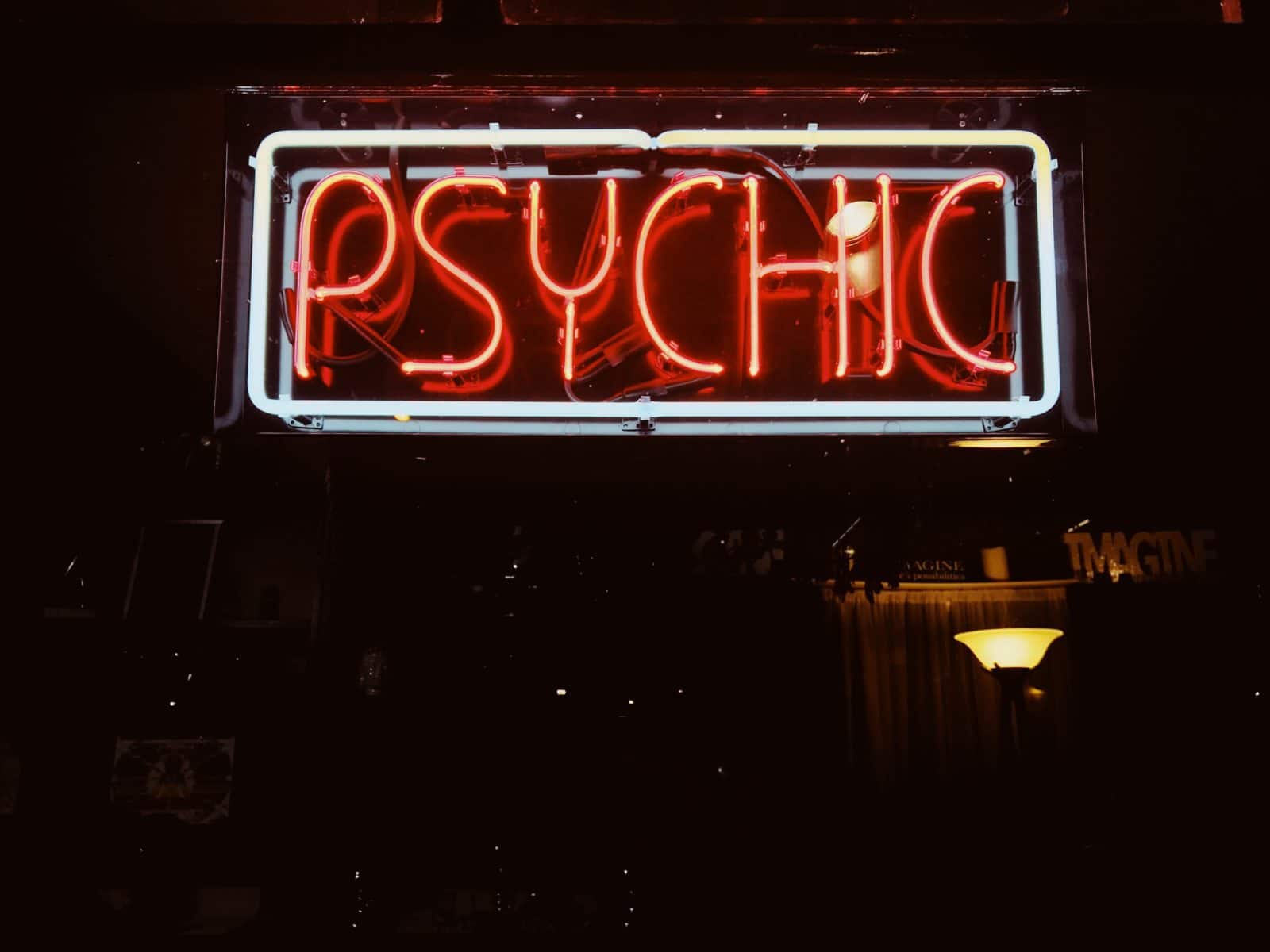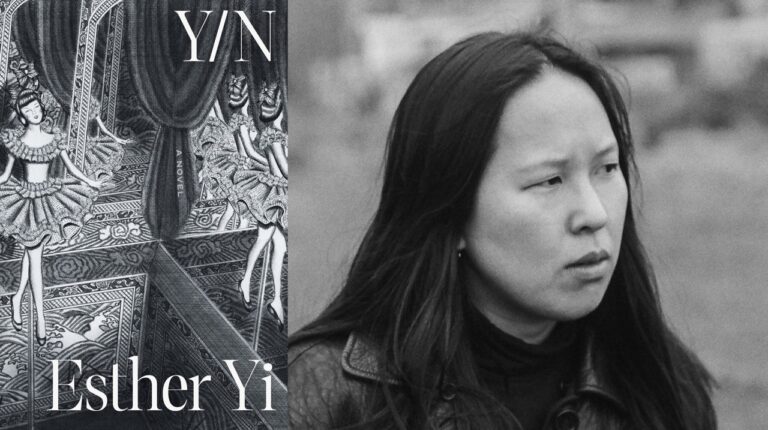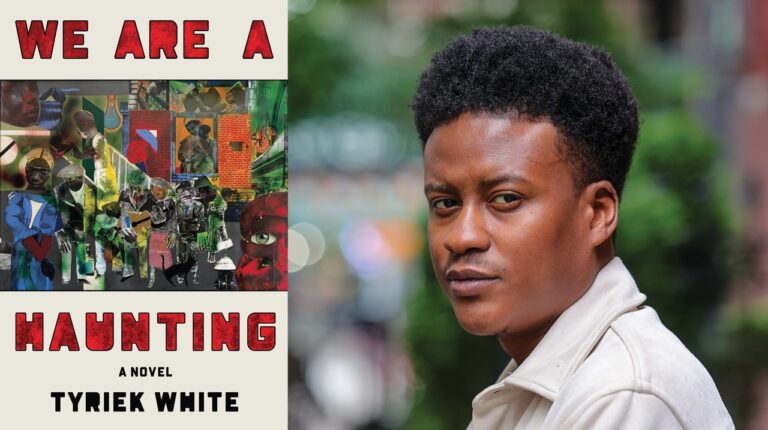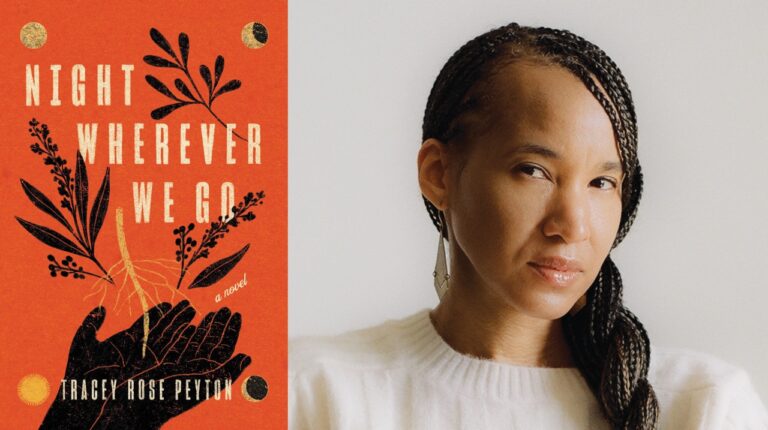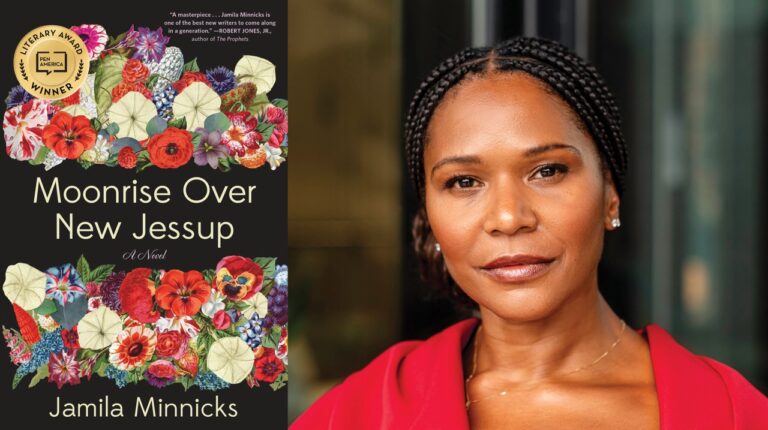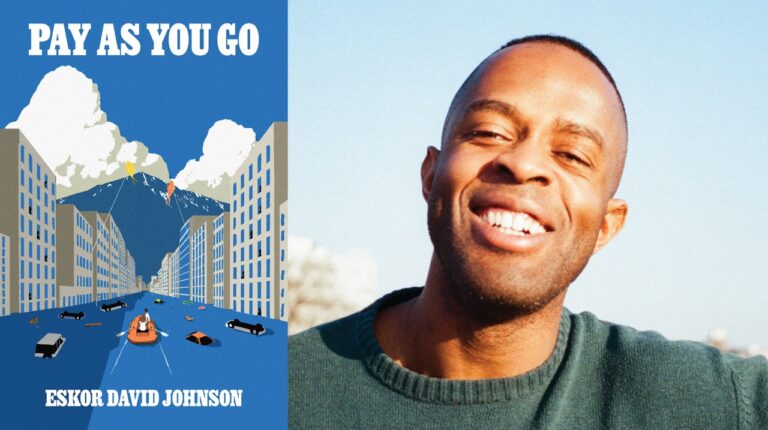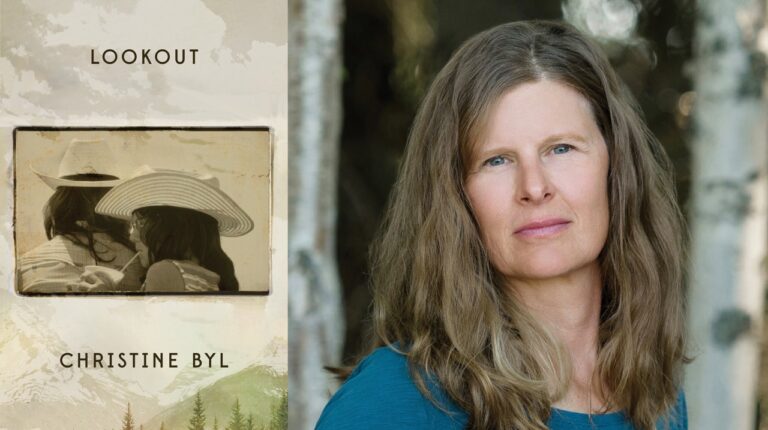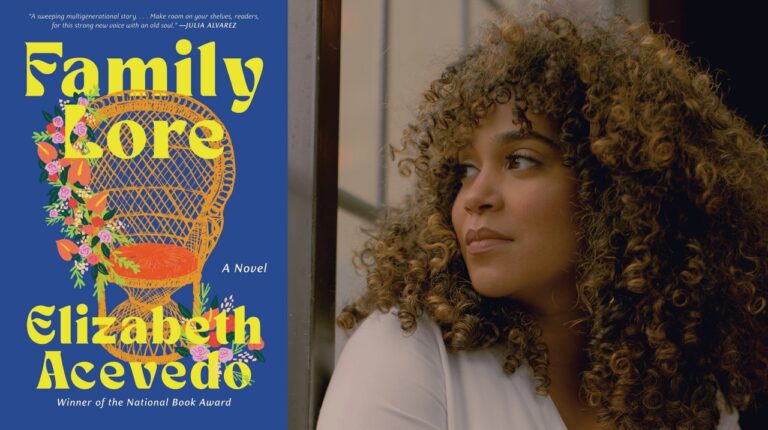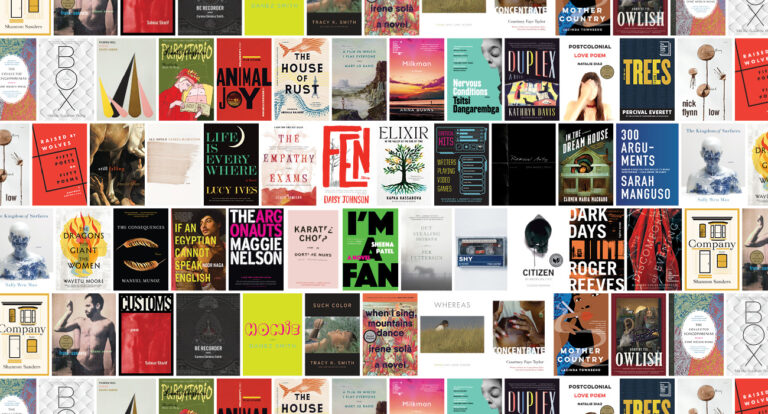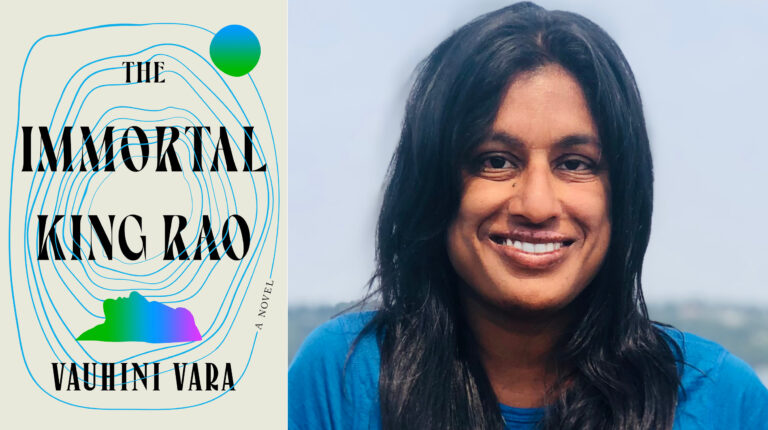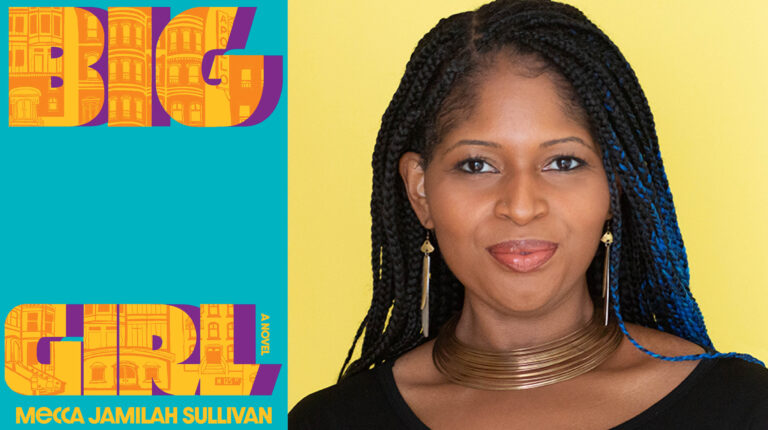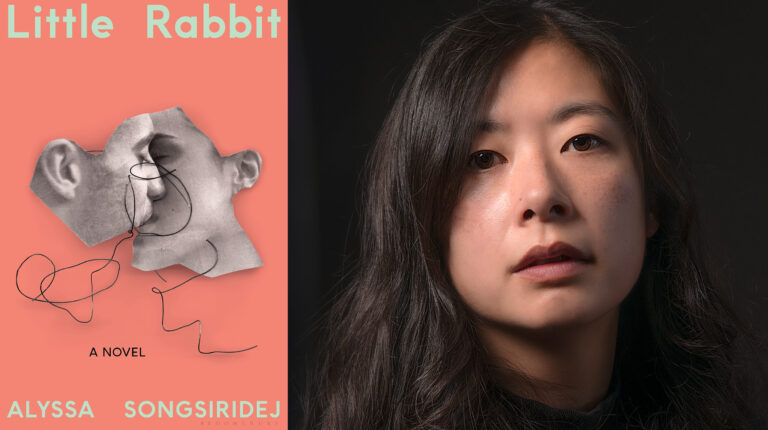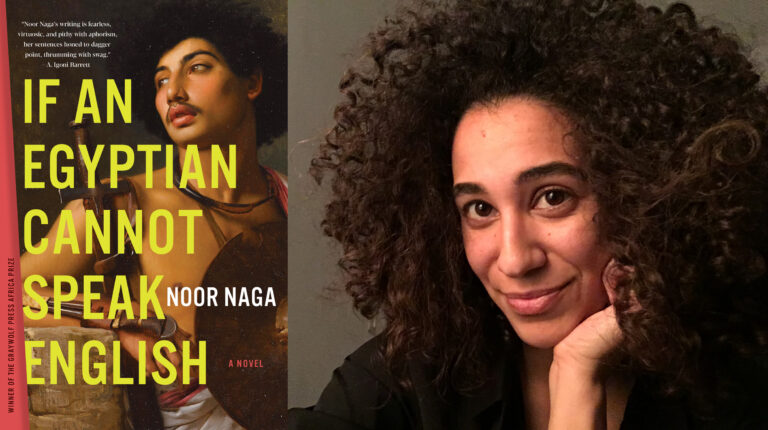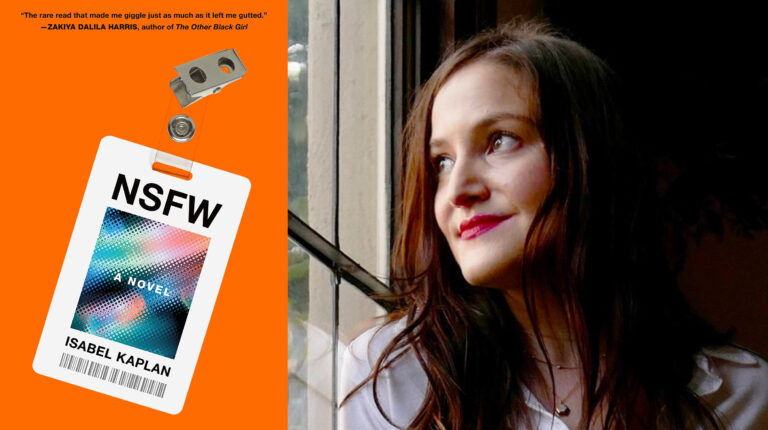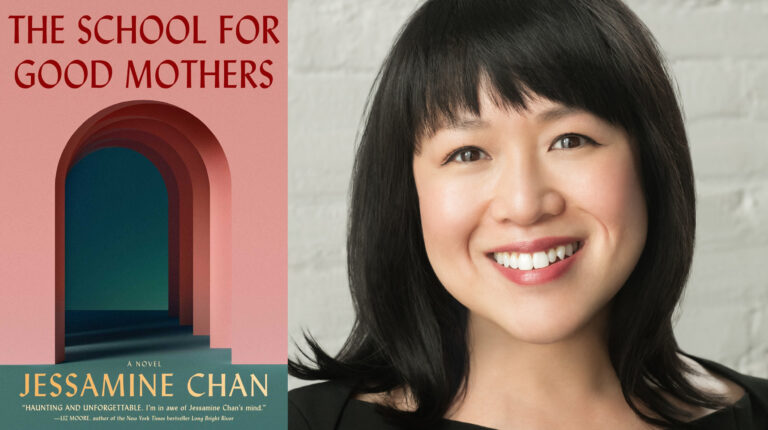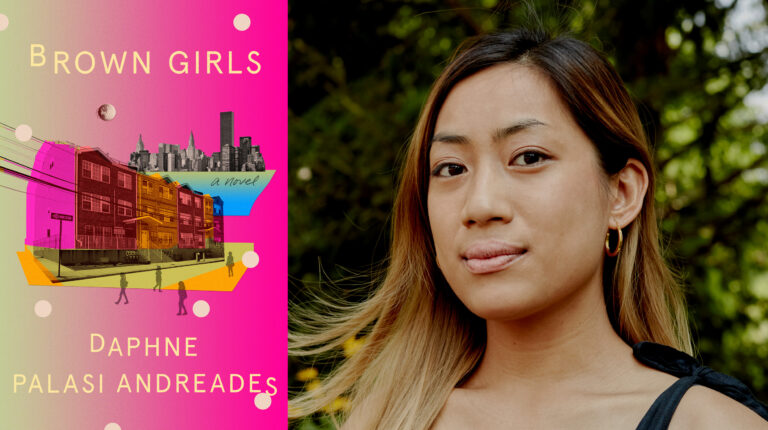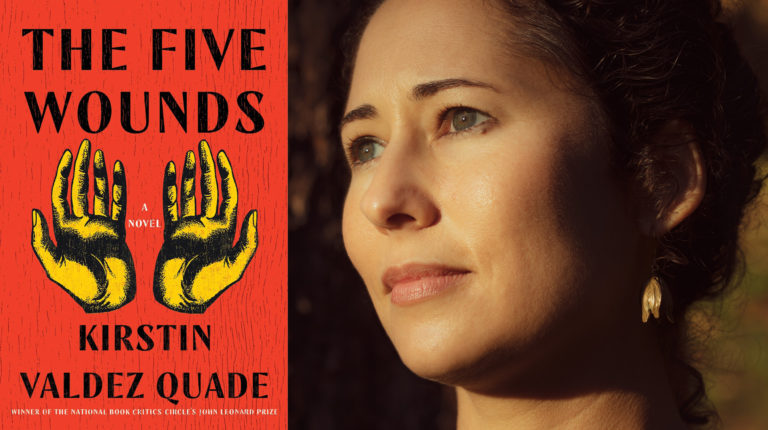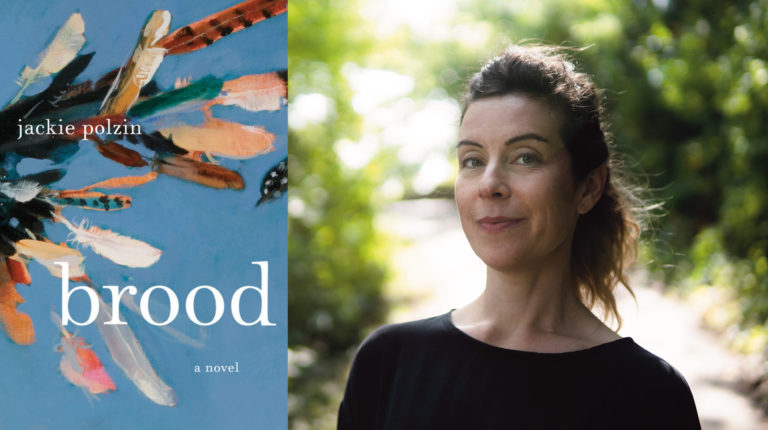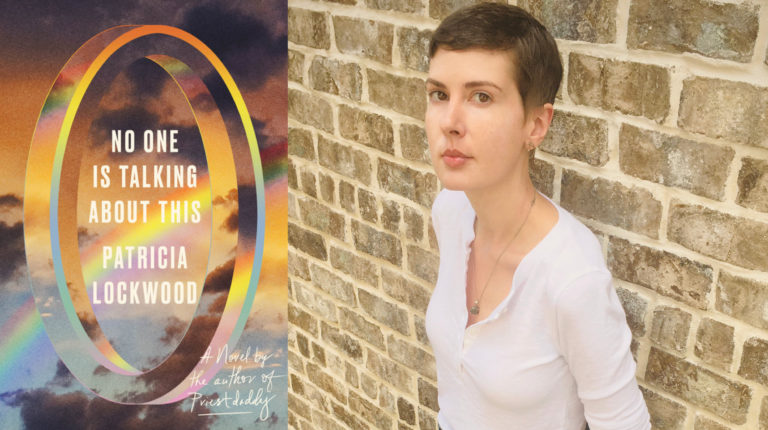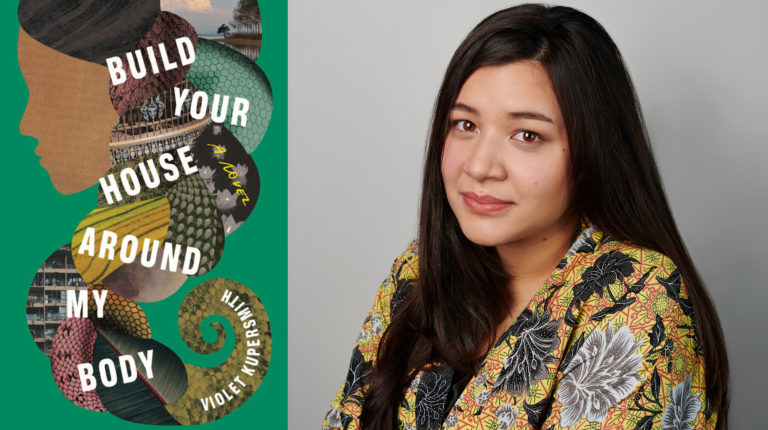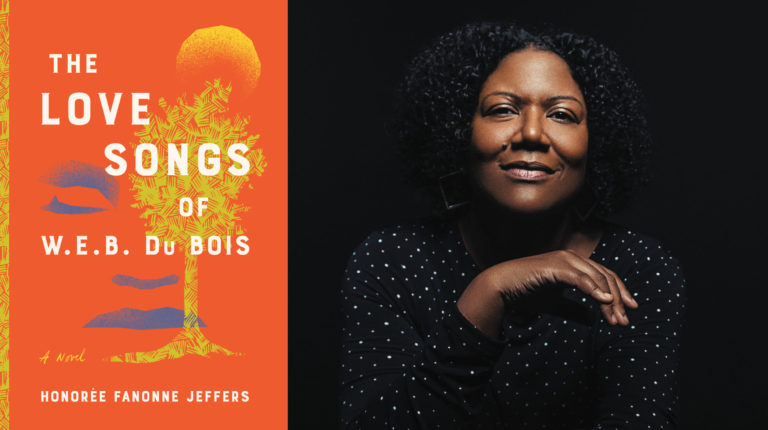Heidi Julavits is a voracious and omnivorous reader, passionately interested in the state of contemporary fiction; the breadth of her interest is apparent in the magazine she co-founded, The Believer, in her work with students in the Columbia Writing Program, and not least in her own fearless, eclectic, unabashedly ambitious novels. I was lucky enough to spend an hour with Heidi in a bar in lower Manhattan recently, where we talked about alternate universes, psychic warfare, Susan Sontag, The Hunger Games, and her astonishing novel, The Vanishers.
You’ve never written a speculative novel before, one that takes place in an alternate universe. What was it like to invent one for The Vanishers?
I guess I don’t really think of it as an alternate universe. Is that deluded?
Maybe ‘alternate universe’ isn’t the best term for it. ButThe Vanishers does take place in the sort of fictional realm in which people don’t think it’s the weirdest thing ever for someone to display psychic abilities.
That’s true. But nothing in fiction is exactly like the real world, is it? Not even if you’re writing about a suburban mom. With each step you take away from the familiar, you’re taking a bit of a risk.
How would you characterize that risk?
That some people, some readers, might choose not to suspend disbelief.
I read somewhere that The Vanishers was triggered by a book you came across — a non-fiction book that had to do with the occult. Could you tell me a little about that?
Sure. The inspiration for this novel was a book that was published in 1930 by a woman named Dionne Fortune. She was an occultist. She wrote novels, and she also wrote this extremely helpful book (at least for me) called Psychic Self-Defense — an occult self-help book, basically. It’s about how to identify the signs of psychic attack.
That does sound useful.
It’s really a wonderful book. Anyway, so she, as an introduction to the greater phenomenon of psychic attack, talks about her experience as a young occultist studying with a legendary mentor and how this woman attacked her—psychically attacked her—and how she didn’t know for a year. She was just really sick. She couldn’t figure out what was wrong with her. Finally, she met some guy who read her aura and said, “You are being attacked by this woman whom you admired and trusted. You’re being attacked by your mentor.”
That seems to be an ongoing interest of yours — the pleasures and risks of the mentor/protégé relationship.
Yeah, it’s funny. I was just on a panel the other night that was about mentorship. I guess I’m pretty obsessed with that power dynamic. Female/female, authoritative, older woman/younger woman who, as is often the case with young women, has this sort of confused desire toward her mentor. It’s not exactly sexual, but it’s not totallynot sexual.
It’s almost like a sexual desire for someone’s identity.
Yes. We were talking about that the other night, on this panel about mentors, and I guess that’s part of the reason I’m obsessed with reading narratives that explore this power dynamic—that murky, unclassifiable desire. There’s a book that I can’t stop referencing whenever I talk about this, called The Professor by Terry Castle. She’s an English professor at Stanford and she writes for the London Review of Books. This is a collection of her essays, in which she also explores her complicated relationship with Susan Sontag, in an essay called Desperately Seeking Susan.
Was there any other kind of relationship with Susan Sontag?
I don’t think so. Anyway, the title essay of the collection is great. It’s a 200 page memoir about her actual sexual seduction by her graduate school mentor.
Every time we talk, I’m amazed by how wide a range of books you bring into the conversation. I’ve been meaning to ask—
Is there any kind of book that I won’t read?
Basically, yes. Is there any genre, literary or otherwise, that you couldn’t imagine reading with genuine pleasure? I know you’ve been reading a lot of YA and fantasy lately.
I guess the reason I like books like The Hunger Games or Twilightor Phillip Pullman or a lot of the YA novels that I adore, like Lois Duncan’s Summer of Fear (which is a completely amazing novel) is that they are exactly what they are. I guess if there’s something that I can’t quite abide reading, it’s books that pretend to be more than they are. If that’s not too dodgy an answer.
It’s pretty dodgy.
I know.
What’s a recent example of a book that you loved?
I just read The Hunger Games and I refuse to shut up about it because from an architectural standpoint, just the scaffolding on that thing is awesome. The way the plot pulls you in, the way it doesn’t tell you about this world really, but you get to know this world. I’ve been using it, honestly, as a teaching text at Columbia because you can focus on plot so clearly. There aren’t many language distractions.
So you can see the architecture for yourself.
You can see it clearly, and I find it helpful to read books like that myself, as a writer. I’m sorry, but if I could have written The Hunger Games. I would be a really – not just a rich person, I would actually be very proud of myself.
The Hunger Games, among other things, is an ‘alternate universe’ novel. At least I think so. I hope that it is.
Isn’t every novel?
In what sense, exactly?
When you’re writing fiction, your protagonist is this strange parallel character to which you adhere the things that are familiar to you, or things that come out of your life, even if the actual character is not, in any way, you. And I guess that’s how I viewed the world of The Vanishers: an essentially normal, realistic world where there’s just this one thing that’s different. Certain people have certain powers.
I think that’s often cited by people who write so-called speculative fiction, or sci-fi, or fantasy, as the wisest way to proceed: to take the world as you understand it and give it one vigorous twist, but not to deviate 8,000 different ways. For example, if there are unicorns in this world, but also household appliances that can speak, you know? That’s probably too much already, at least for most readers. It muddies the waters.
Right, but it is all about, again, walking that plausibility line. And you know, I certainly can imagine buying into a world with talking toasters and unicorns, if I were in the right hands. I would buy that.
Speaking of buying into things, something I’ve noticed in a lot of your writing is a tension between appearance and actuality — one that you explore, and that the reader is compelled to explore, too. That’s true for The Vanishers,as with your earlier books: There are key events that can be interpreted one way or another. The novel is full of visions and dreams and psychic phenomena that demand interpretation. But nothing is pat or predigested.
I guess I’m kind of a subjectivity buff in the end, and I want the reader to have subjectivity also, apart from the characters. I want it to be very clear what the characters think is real, but I think it’s okay sometimes for the reader to kind of—for the paint to peel away from the wall a little bit. And that also creates a sort of—not necessarily a dramatic irony, but at least a space for you as a reader to, I don’t know, to do maybe a little bit of work, right? To decide what you think. I hate being didactic. Maybe I should be more didactic as a writer.
Please don’t!
Yeah, I don’t see that happening. My attitude toward the reader is usually something more like this: I’m not going to tell you how to feel about every little thing. Instead of trying to convince you, I’m going to give you the freedom to think what you want.
